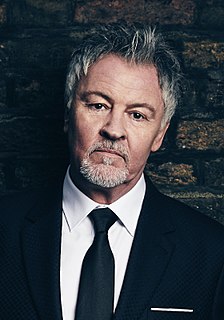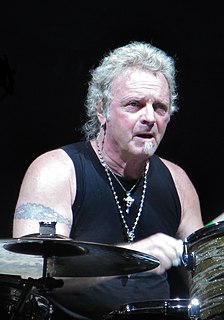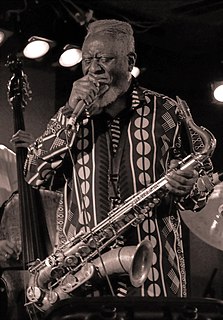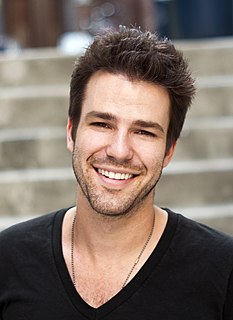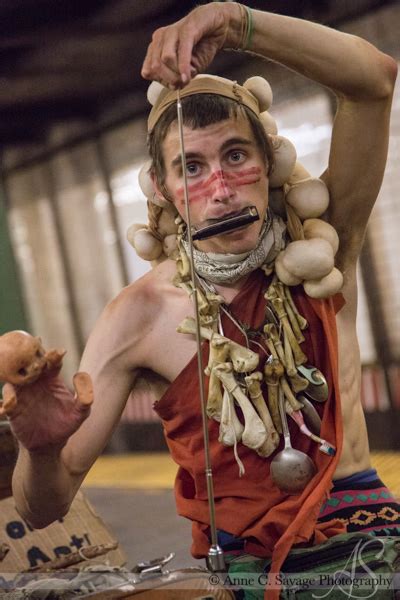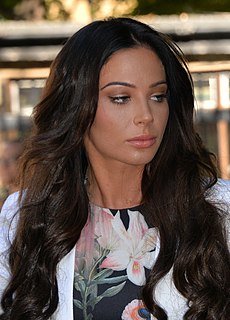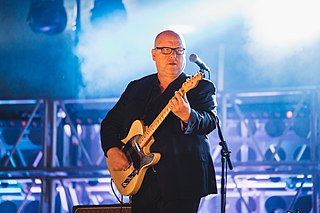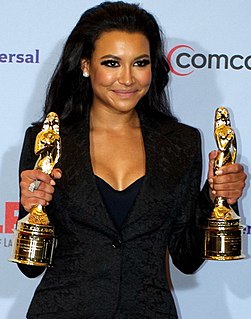A Quote by Paul Young
I've always seen myself as a working musician but now there's no money in records for the artist at all, it's all in live performance.
Related Quotes
Most artists are making as much money now as they could have made... in the heyday of Def Jam [when the] Beastie Boys would sell 10 million records or DMX would sell 6 or 7 million records. Those records are one thing, but then all the other ways to exploit the emotional relationship between artist and community is so much greater that I would guess that they're making as much or more money than they could have ever made.
I don't view myself as a musician anymore - I view myself as a human being that functions as a musician when I'm functioning as a musician, but that's not 24 hours a day. That's really opened me up to even more perspectives because now I look at music, not from the standpoint of being a musician, but from the standpoint of being a human being.
I'm a touring artist - I love going out and playing live, and I was sick of making records didn't translate well live - that misrepresented who I was as an artist. I'm not saying those records weren't good. I think they're great. I think a lot of them have great songs. My challenge was making the songs that were specifically great for the type of personality I wanted to present which was my personality - I wanted to get that across on record - and have something that was fun and energetic live.
Maybe at the core of me, I'm a survivor, but I don't do it on purpose. Sometimes, in acting of course with your performance, some of your own personal character seeps through. My performance goal has always been to perform for the audience. People pay their hard earned money, and so I always desire to give all of myself in every single scene.
I wouldn't wish a night of 1971 television on my worst enemy. But the records of 1971, again, still live for us now. And they had the benefit at the time of having the kind of uninterrupted, unimpeded concentration of a huge generation of people. Because the only thing I wanted to spend money on when I was 21 was records.
My school music teacher, Al Bennest, introduced me to jazz by playing Louis Armstrong's record of "West End Blues" for me. I found more jazz on the radio, and began looking for records. My paper route money, and later, money I earned working after school in a print shop and a butcher shop went toward buying jazz records. I taught myself the alto saxophone and the drums in order to play in my high school dance band.
